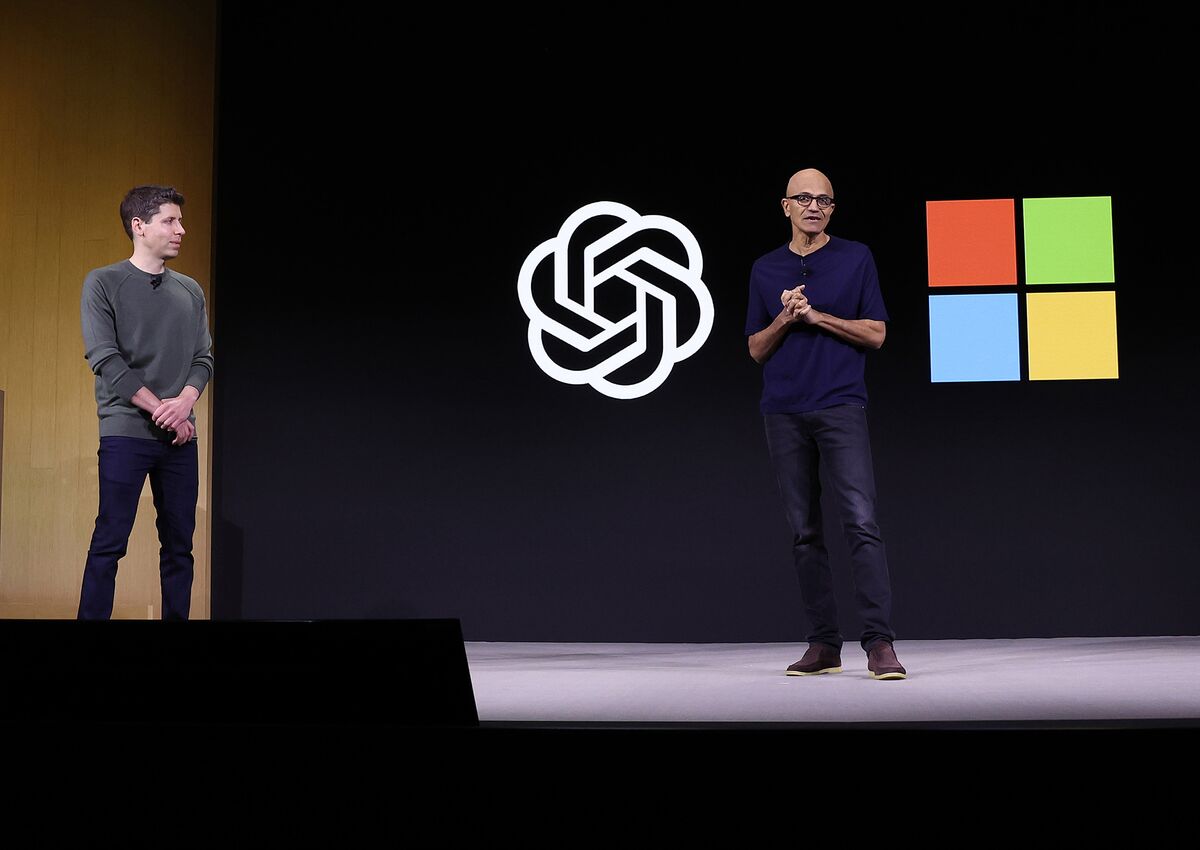In an unexpected development, Microsoft has enlisted former OpenAI CEO Sam Altman and co-founder Greg Brockman to drive its revolutionary advanced AI research initiatives. Altman's departure from OpenAI, prompted by the board's loss of confidence in his leadership, has paved the way for this strategic move.
After a weekend of negotiations, Microsoft CEO Satya Nadella unveiled plans for Altman and Brockman, alongside their colleagues, to take key roles in shaping Microsoft's innovative advanced AI research endeavors. Nadella expressed eagerness about the collaboration, underscoring Microsoft's dedication to providing the necessary resources for their success.
Altman, confirming the transition on X (previously Twitter), echoed Nadella's enthusiasm by reposting the announcement with a concise message: "The mission continues." In response, Nadella hinted at Microsoft's approach to nurturing independent identities within the company, drawing parallels with successful subsidiaries like GitHub, Mojang Studios, and LinkedIn.
Brockman shed light on the composition of the new advanced AI research team, revealing that key OpenAI talents, including Jakub Pachocki, director of research, Szymon Sidor, a research scientist, and Aleksander Madry, head of preparedness, will assume leadership positions at Microsoft. This has spurred a wave of posts on X, emphasizing the critical role of personnel in OpenAI's success.
Altman's recruitment follows unsuccessful negotiations with OpenAI's board to reinstate him as CEO. The interim CEO role is now filled by Emmett Shear, former Twitch CEO and co-founder, succeeding Mira Murati. Sources suggest that Altman's attempts to return were hindered by the board's refusal to step down.
Altman's recent initiatives include pitching a startup focused on custom AI Tensor Processing Unit (TPU) chips, codenamed "Tigris." This venture attracted interest from prominent venture firms and notably, Microsoft. The collaboration resulted in the development of the Maia AI chip, designed by Altman and OpenAI, intended for use in Microsoft's Azure data centers.
Microsoft's recent venture into custom silicon involves an AI chip and an Arm-based CPU for cloud workloads, strategically positioning the tech giant to diminish reliance on third-party providers like Nvidia. Despite Altman's departure from OpenAI, Microsoft upholds a significant "multibillion-dollar investment" in the organization, cementing their exclusive cloud partnership.
Nadella affirmed Microsoft's commitment to the partnership with OpenAI, expressing confidence in their product roadmap and the innovation unveiled at Microsoft Ignite. The tech giant eagerly anticipates collaboration with Shear and OpenAI's new leadership team in sustaining support for customers and partners.
In the continually evolving landscape of artificial intelligence, Microsoft's strategic move to bring Altman and Brockman on board underscores a substantial commitment to advancing the forefront of AI research and development. The amalgamation of talent from OpenAI and Microsoft is poised to define the future of AI technologies, heralding a new era of innovation.
